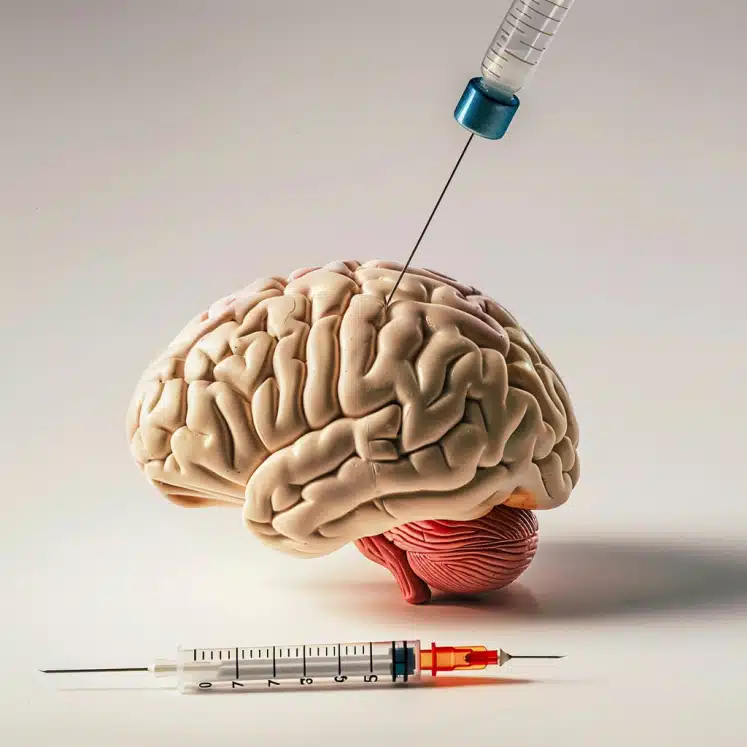Intranasal Insulin for Mild Cognitive Impairment: Enhancing Social Skills, Memory, Grey Matter Volume (2024 Case Report)
Extended intra-nasal insulin (INI) treatment in an insulin-resistant early Mild Cognitive Impairment (MCI) patient improved grey matter volume, reduced beta-amyloid levels, and enhanced cognitive and pragmatic capacities, suggesting potential to slow neurodegenerative disease progression. Highlights: Grey Matter Volume: After 9 months of INI treatment, the patient experienced an increase in grey matter volume. Beta-Amyloid Levels: …










